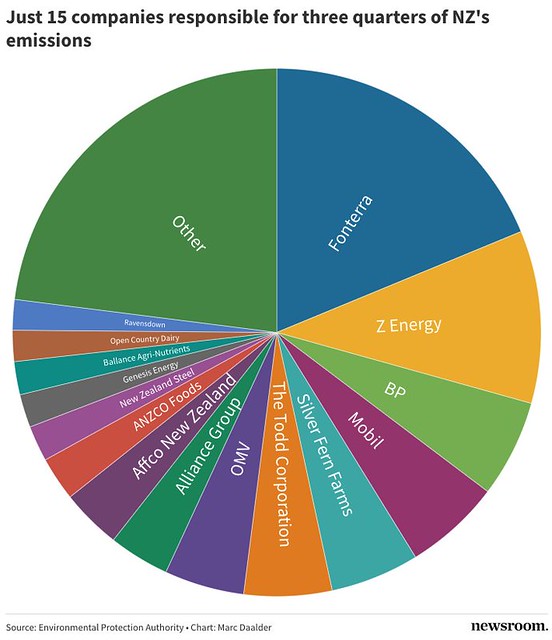Yesterday the National Party imploded in a messy knife-fight that cost it its leader and probably one of the contenders. So naturally, the government has taken the opportunity to do a dump of its pandemic advice, including the Cabinet papers on its controversial decisions to repeatedly lower the Auckland alert level. Stuff has a breakdown here, focusing on the shift from level 4 to level 3. The paper on that is here, and it shows that while the outbreak appeared to be under control (with R down to ~0.5), the government took an appropriately cautious approach, delaying the shift for a week to make sure.
The next paper, from 20 September, is the final check on that decision. It states that "the Director-General [of health] is confident that the outbreak in the Auckland region is contained", but then goes on to note that there are two sub-clusters of concern, and that
continued identification of cases in unknown contacts in these sub-clusters suggests that their edges may not yet be contained.
Or, to put it another way, "not really". Despite this, Bloomfield recommended that Auckland move down to level 3. The effect of this was to spike R to 0.9, causing a long tail of cases. Not disaster, but it sowed the seeds.
The real problem is in the next review, on 4 October. This opens cautiously, with a note that the Auckland outbreak "continues to be of concern" and that "there is a need for a high degree
of caution". It then goes on to talk about that thing that politicians always talk about when they're going to fuck you: "balance". Apparently, there was "evidence of eroding social license for heightened restrictions". Skipping ahead, this turns out to be that "sentiment has changed from ‘neutral’ and ‘joy’ to ‘neutral’ and ‘sad’" - more people were picking the frowny face that the happy one in the polling they were doing - and that while national support for anti-covid measures remains high, "there is less support for lockdowns in Auckland". Despite this,
Aucklanders when compared to the rest of New Zealand, are more consistently compliant, significantly so with staying home if sick and using the COVID-19 Tracer App.
Which seems like a pretty weak case.
Meanwhile, on the public health front - the thing this anecdata is meant to "balance" against - things look bad. Contact-tracing wasn't working because of who the virus had infected, and the modelling was absolutely horrible, warning that
By early November, daily reported cases may approach or exceed the outbreak’s earlier peaks in August and results suggest that almost all Alert Level 2 simulations are not contained over the course of October and November.
And that's with a caveat of huge downside risks due to stochastic effects (basicly, the virus spreading to highly connected, non-compliant groups). Bloomfield also notes that the Aucklnad public health workforce is burned out, and that "New Zealand would struggle to respond" if there was another significant outbreak within the next two months. Despite that, he goes on to breezily say:
Auckland can move down one step to a modified Alert Level 3
The kicker: they knew they'd fucked up within a week. The
very next paper - on 11 October - says that R has jumped to between 1.2 and 1.3, that "The Auckland outbreak is not contained", and that "Outbreak modelling will begin to explore downside scenarios under which hospital capacity may be reached." Whoops!
And the rest is history. The modelling turned out to be wildly overoptimistic, with August case numbers reached within two weeks of the decision, and horror days with 250 cases. Vaccine uptake meanwhile came nowhere close to their assumptions. We're now facing daily deaths, all as the result of an over-optimistic "balancing" exercise comparing solid public health data to anecdote. If we had an opposition less crap, the government should expect some serious accountability for this at the next election.
Update: Apparently, the document dump was signalled to the media on Monday.






